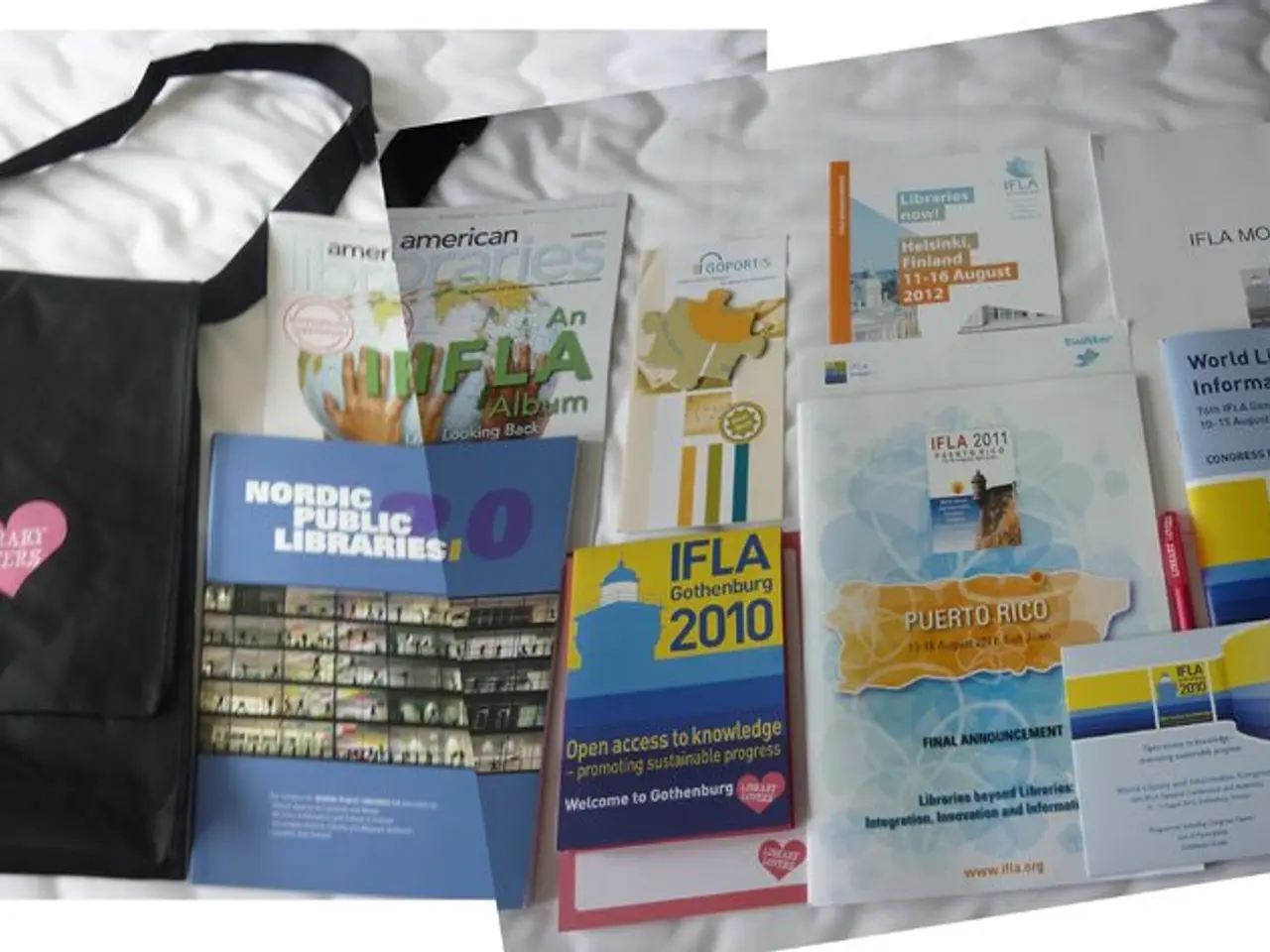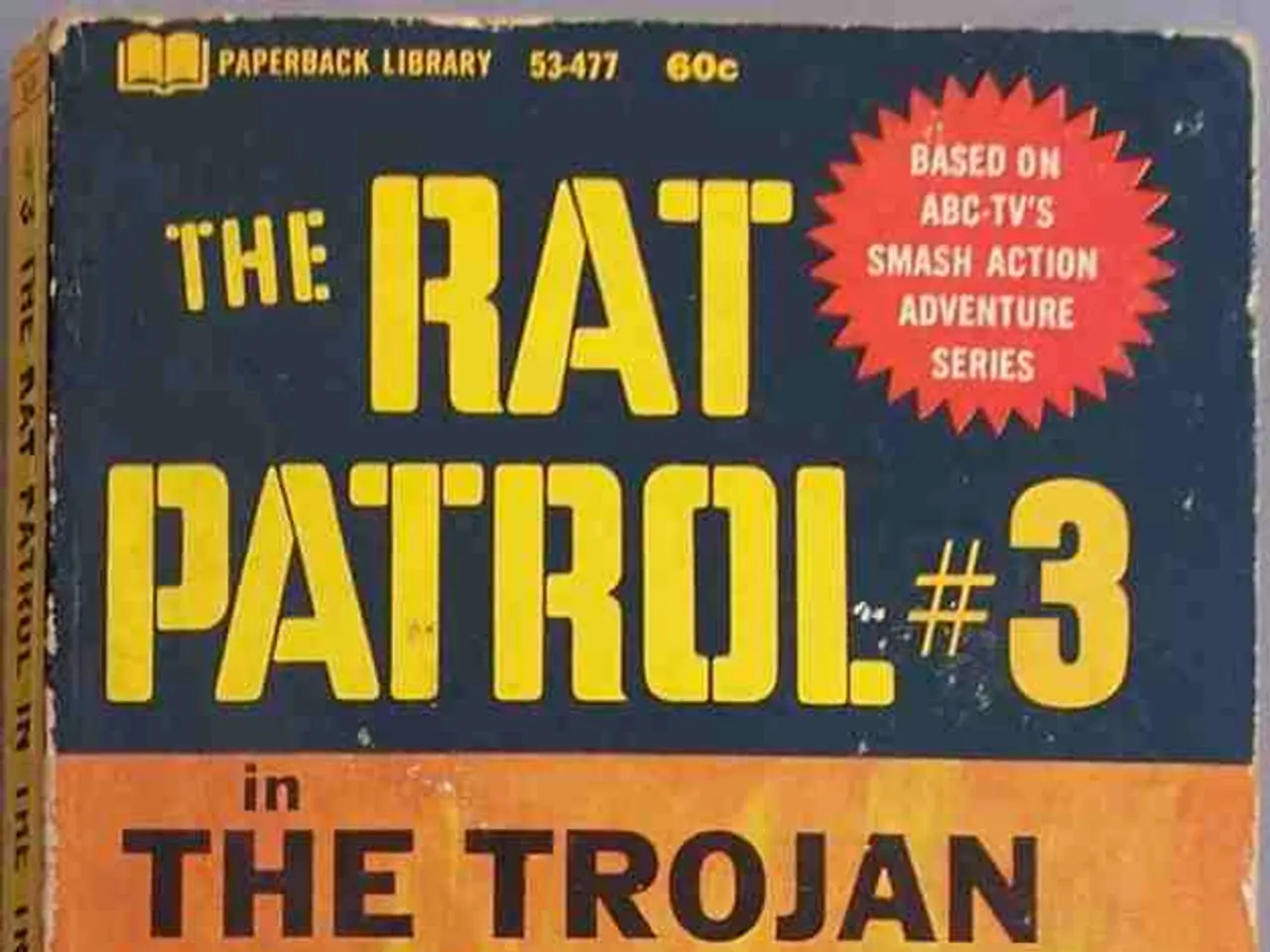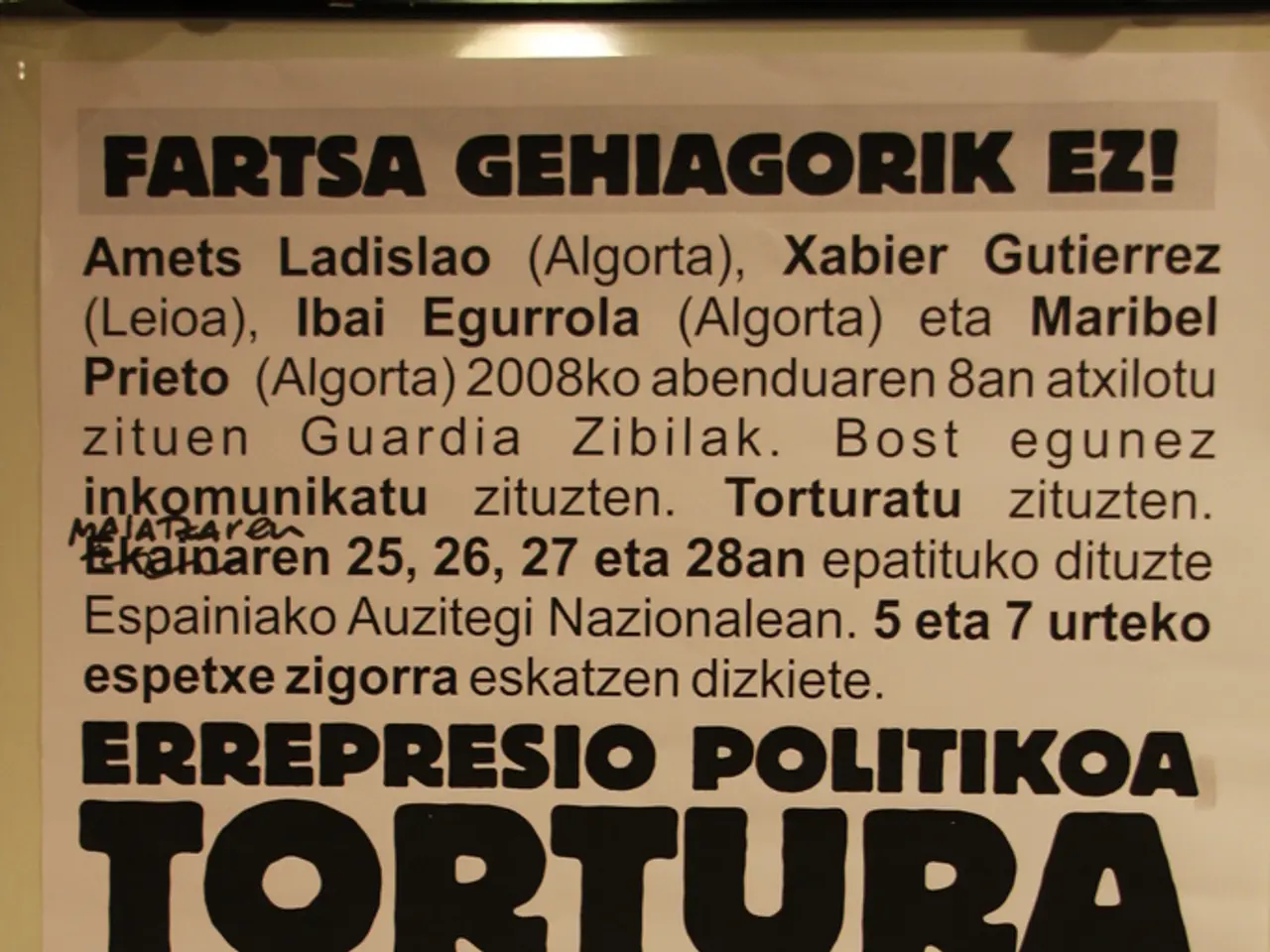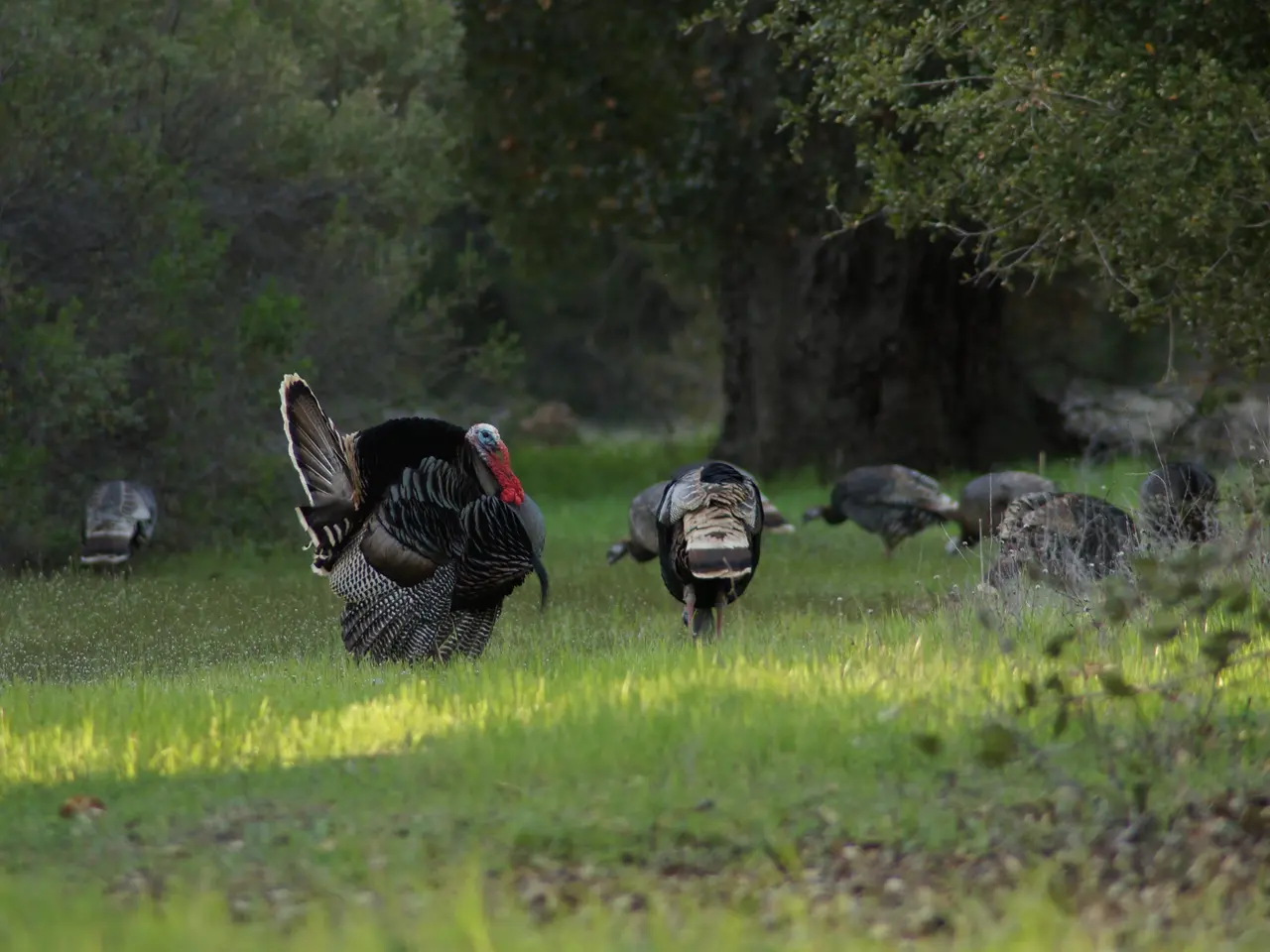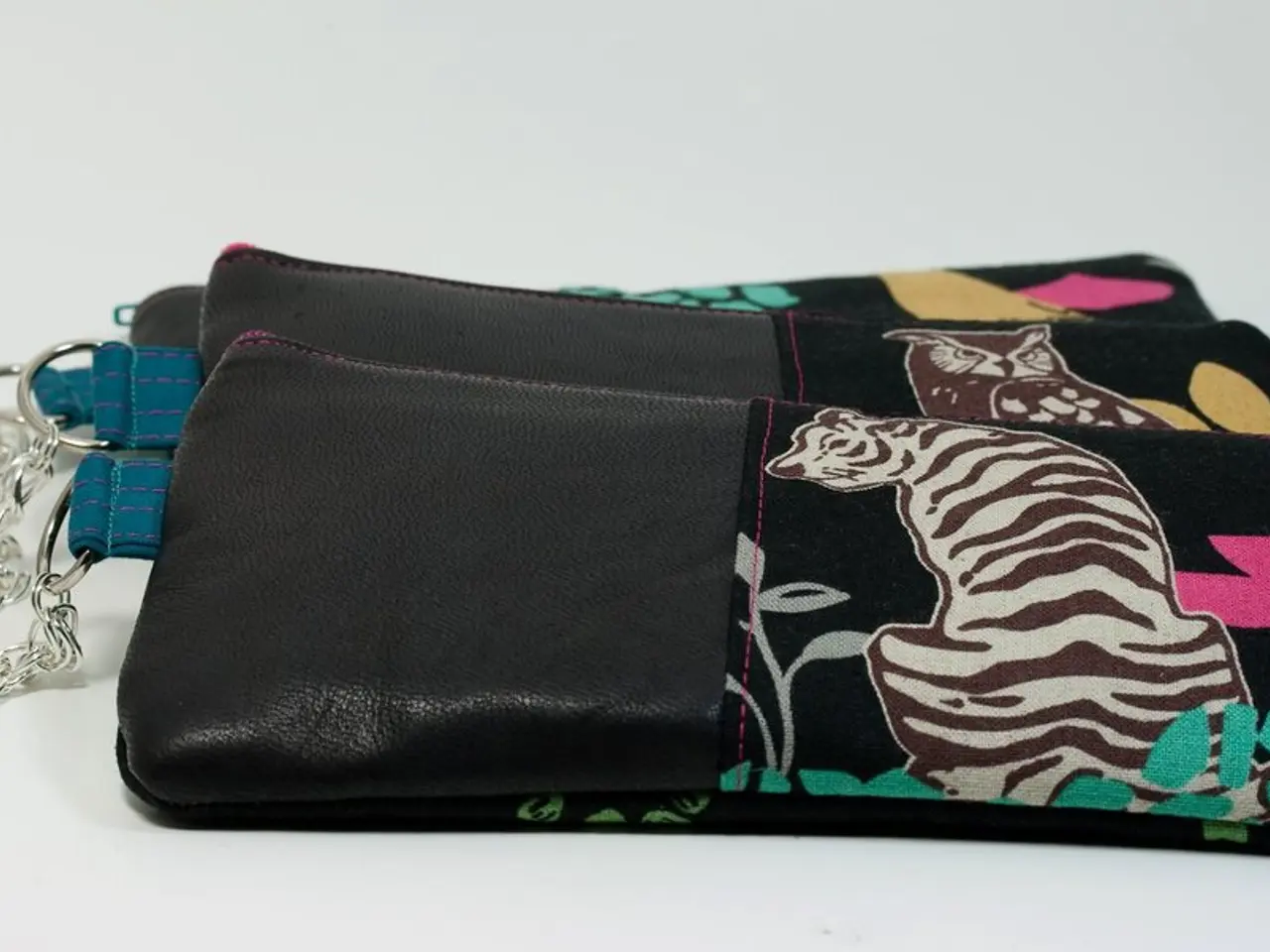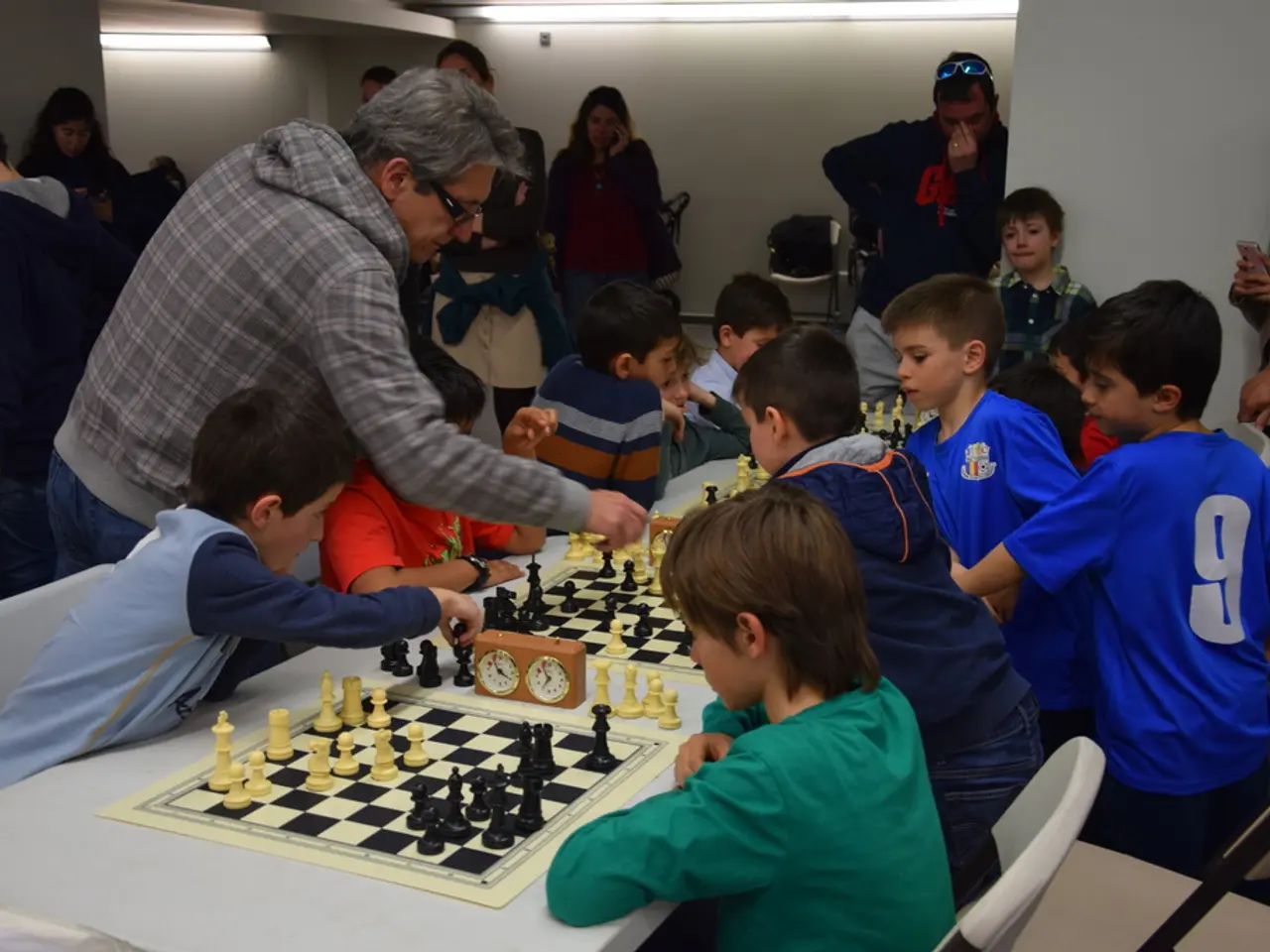"Belfast, once a city of joy, now engulfed in flames on its very streets"
In the world of cinema, a special selection of premieres is currently available on a popular streaming platform. Among these, 'Belfast' stands out, directed by Kenneth Branagh and featuring 'The Blue Caftan', 'Sex Change', and '20,000 Bees' as part of its lineup.
'Belfast' is a poignant portrayal of a happy childhood, universally relatable in its depiction of parental conflicts and the transition from childhood to adolescence. The film is set in the turbulent backdrop of the late 1960s, a time marked by the onset of The Troubles in Northern Ireland.
This prolonged ethno-nationalist conflict, lasting from about 1968 to 1998, was a result of deep divisions between the Protestant unionists (loyalists) and the Catholic nationalists (republicans). The former wanted Northern Ireland to remain part of the United Kingdom, while the latter sought unification with the Republic of Ireland.
The conflict began as a civil rights movement by Catholics protesting discrimination, but it quickly escalated into widespread violence involving paramilitary groups, the British Army, and police forces like the Royal Ulster Constabulary (RUC). Key initiating events include a banned civil rights march in Derry in 1968, where police violently suppressed protesters, leading to riots, and the "Battle of Bogside" in August 1969, a large-scale riot between Catholic residents and police/loyalists.
The Troubles featured street fighting, bombings, sniper attacks, and internment without trial, resulting in approximately 3,600 deaths and tens of thousands injured before a peaceful resolution was reached with the Good Friday Agreement in 1998. This agreement established a political power-sharing arrangement in Northern Ireland.
Kenneth Branagh, a second child in a Protestant family from Belfast, experienced this conflict firsthand. He left Belfast at the age of nine to escape street violence. In 'Belfast', he revisits his childhood through the eyes of a nine-year-old boy named Buddy, born into a working-class family and initially living in a neighborhood where Catholics and Protestants coexist peacefully.
The film is presented in black and white and features a stellar cast, with Jude Hill playing Buddy, Catriona Balfe and Jamie Dornan portraying his parents, and Ciarán Hinds and Judi Dench playing his grandparents. The music for 'Belfast' was composed by Van Morrison, making him the world's leading Northern Irish artist.
In addition to 'Belfast', the streaming platform is celebrating Pride with premieres such as 'Close', 'Pride', 'La Llamada', and 'Battle of the Sexes'. Mandatory registration and the new Participate platform have also been activated on the website.
[1] BBC News. (2018, November 20). The Troubles: A brief history. https://www.bbc.co.uk/news/uk-northern-ireland-17452075 [2] History.com Editors. (2019, November 19). The Troubles in Northern Ireland. https://www.history.com/topics/europe/the-troubles-in-northern-ireland [3] The Irish Times. (2019, August 29). The Troubles: a brief history. https://www.irishtimes.com/culture/books/the-troubles-a-brief-history-1.3587608
"The film 'Belfast', directed by Kenneth Branagh, provides a poignant portrayal of childhood against the backdrop of war-and-conflicts, specifically The Troubles in Northern Ireland. This ethno-nationalist conflict, marked by protests for civil rights, political divisions, and widespread violence, is a significant part of the film's context."
"The political landscape of 'Belfast' centering around the Protestant unionists and Catholic nationalists can be considered a part of the film's general news backdrop, as the film is a personal exploration of the director's experiences during this turbulent time in politics."
